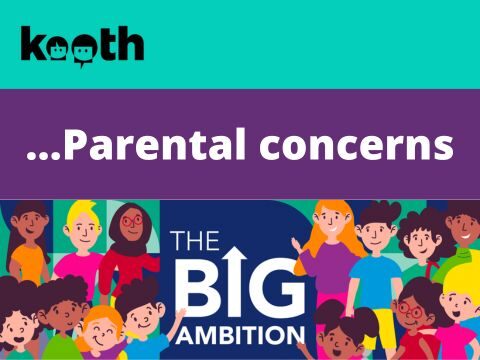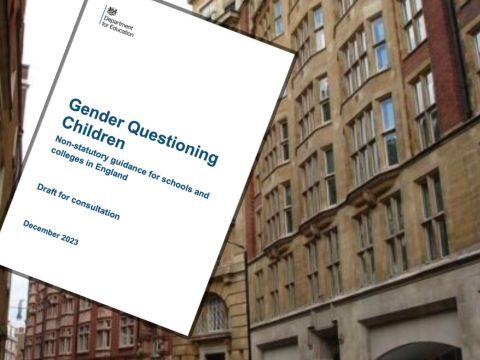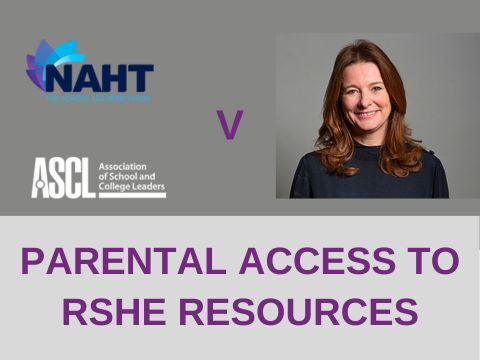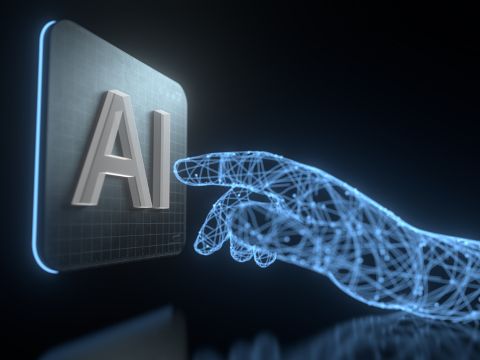

Artificial Intelligence has been a controversial topic for decades, but debates on the pros and cons of AI have heightened since the Government has encouraged its use in schools this year. Many of us have long had suspicions about artificial intelligence; and representations of it in popular culture, such as A Space Odyssey and The Terminator, have warned us to be careful with this type of creation. Such warnings, however, have never been enough to prevent us from keeping up with technology, and I’m sure most of those who swore they’d never have a robot in the house now have an Alexa device.


Parents have similar concerns with AI in schools and question the skill development of their children if pupils rely on technology to do most of the work for them and, of course, there is more than a little concern that pupils are using the technology simply to cheat. A BBC News online article recently shared some of the views of students who have been using ChatGBT. One student used AI to create a speech but explained that “when I was saying it out loud and got asked questions, I had no clue what I was saying, and I got a detention”. Another student said that ChatGPT “gave them the wrong dates for a history essay”, and another said, “it got 90% of the answers wrong”.
The Government propose that this type of AI is being used in schools to “free up teachers time and provide personalised support to pupils”, and they have invested £2 million in Oak National Academy to develop AI educational tools for this purpose. Oak National Academy have offered teachers the use of AI generated lesson plans and classroom quizzes. According to Schools Week, Harris Federation are training staff to use ChatGPT and Bing Chat. ChatGPT is being used to rewrite text for pupils for different age groups and is also being used as a translation tool for those who are learning English as a second language. Schools week also share that Academies Enterprise Trust (AET) are providing AI tools for teachers to generate presentations through text prompts in seconds. Teachers are using AI for marking, where they can upload the classrooms work onto an app where AI will score the work.
The cons of AI, however, are significant. For example, some AI platforms need to access and analyse pupils’ personal data and this data is shared with teachers, which raises concerns with personal security. There is a risk of data breaches — how can we be sure that such data isn’t easily hacked? There is also the worry that AI generated material will contain the ideological and political biases of its creator. Since the material uploaded to AI will originate from humans, it will only be as unbiased as the human who created it. AI can also make mistakes, as information it accesses, or algorithms it uses, may also be flawed. Furthermore, there are ethical concerns that schools won’t be fully open with parents about what AI is teaching their children, or how it being used with their education. Will parents have a right to withdraw their child from lessons where they do not want them to have use of such technology? The next step in AI classroom involvement is to provide students with their own “virtual tutor”. The main downside to this is the loss of human connection and interaction, which may cause children to be over-reliant on technology and less likely to engage with peers and teachers.
According to the Wall Street Journal, classrooms in China have become more like laboratories since mass AI testing has been taking place. Their video on How China Is Using Artificial Intelligence in Classrooms shows the large scale experiment in using Electroencephalography (EEG) in classrooms. Some schools make extensive use of robots, and children are forced to wear headbands to monitor the students’ concentration levels. Data for each student is sent to their teacher and is then sent on to an online chat room for parents where they can view, not only their own child’s statistics but, the statistics of all the children in their class to see where their child sits in the performance table, and how well the teacher is making them all work. Some students are also encouraged to wear uniforms with microchips that can track their location, and others are wearing gadgets which detect how often the student checks their phone or yawns. Many children complain that the headbands hurt.
Neuroscientist Theodore Zanto discusses the negative consequences of Electroencephalography, and claims that poor setup can cause inaccurate readings: a fidgety child or a child with an itch will be detected as being unfocused. He also expresses concerns with data privacy protection. There is also, of course, the pressure and anxiety this causes to the children whose mental activity is being constantly monitored, especially as some children know they face punishment from their parents if found not to be concentrating.
China is in the process of rolling out AI across all the main aspects of society, such as using AI facial recognition for making purchases, as the country becomes almost completely cashless. Together with the social credit system, where the rights and privileges of an individual can be withdrawn for not being what the authorities deem a “good citizen”, this clearly represents a dangerous road which we must be wary of going down in the UK. ParentPower would certainly emphasise caution over the use of AI in schools. We would encourage parents to find out if AI is being used in your children’s schools, and, if so, how? Technology often offers a great service to humankind, and it is important we ensure in this case that AI serves the genuine educational development of our children, rather than impeding it, or, worse, enslaving them.
ParentPower Team
